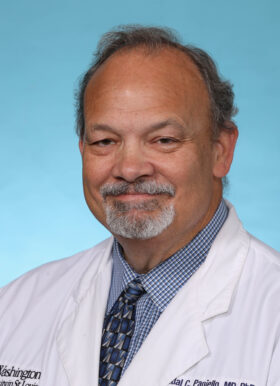Research Faculty
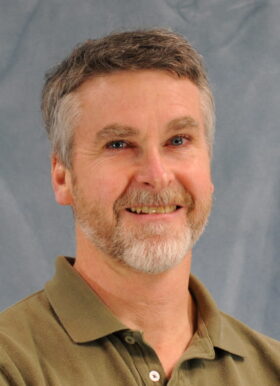
Kevin Ohlemiller, PhD
Professor of Otolaryngology—Head & Neck Surgery
Research Interests: Our research focuses on the role of genetics in the form and progression of age-related hearing loss (ARHL) and the role of genetics in the form and severity of noise-induced hearing loss (NIHL)
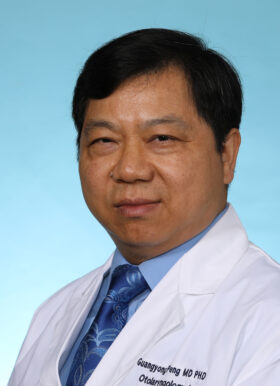
Guangyong Peng, MD, PhD
Professor of Otolaryngology—Head & Neck Surgery
Our lab’s research focuses on understanding the role of different subsets of T cells in suppressive tumor microenvironments and the development of novel tumor therapeutic strategies using metabolic and molecular reprogramming of T cell fate and function for enhanced tumor immunity and immunotherapy.
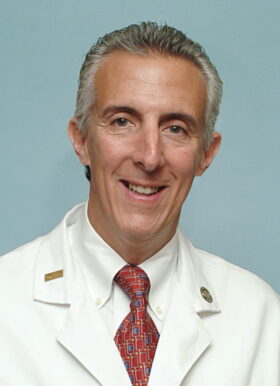
Jay F. Piccirillo, MD, FACS
Professor of Otolaryngology—Head & Neck Surgery
Castle Connolly Top Doctor
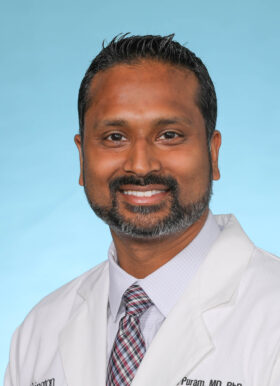
Sidharth V. Puram, MD, PhD
Associate Professor of Otolaryngology—Head & Neck Surgery
Division Chief, Head & Neck Surgery
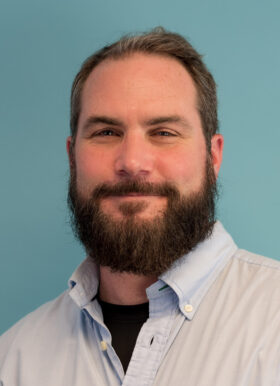
Mark A. Rutherford, PhD
Associate Professor of Otolaryngology—Head & Neck Surgery
Electrical and chemical signaling across membranes, neural temporal code, spike generation, molecular anatomy of synapses, membrane excitability disorders, auditory and vestibular systems, synaptic electrophysiology, sensory hair cells, spiral ganglion neurons, ribbon synapses, ion channel organization and function, nano-scale microscopy, Ca2+ and voltage imaging, mutational analysis, computational modeling, cochlear implants, structure-function relationships, synaptic development and heterogeneity, genetics of hearing and deafness, optogenetics, mitochondria, network and synaptic plasticity, efferent neuromodulation of sensory processing, prevention of hearing loss.
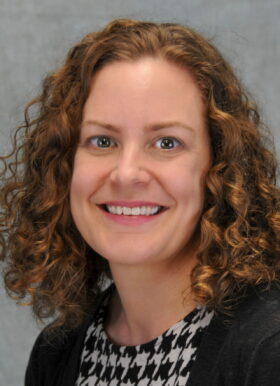
Lavinia Sheets, PhD
Assistant Professor
Otolaryngology—Head & Neck Surgery
- Email: sheetsl@wustl.edu
Hair cells are the sensory receptors of sound, motion, and spatial orientation. Exposure to excessively loud noise or certain drugs can permanently damage hair cells and their connections to nerve fibers. My lab investigates the cellular mechanisms of noise-induced and chemical hair-cell damage using zebrafish as a model for human hearing and deafness.

Nancy Tye-Murray, PhD
Professor
Otolaryngology—Head & Neck Surgery
Research Interests: Research in the Tye-Murray laboratory centers on fostering successful spoken language communication for both adults and children. Half of our efforts center on understanding the fundamental processes that allow for audiovisual speech perception, using behavioral measures and more recently, fMRI methodology, with particular emphasis on how development and aging affect perceptual abilities. The second half centers on developing aural rehabilitation strategies that develop both listening and speechreading abilities.
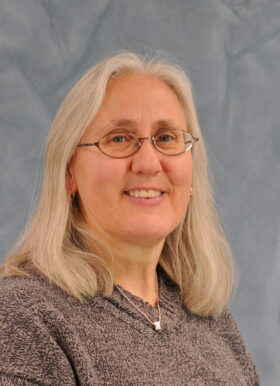
Rosalie M. Uchanski, PhD
Associate Professor
Otolaryngology—Head & Neck Surgery
Research Interests: Speech perception by hearing-impaired listeners, especially cochlear implant users; perception of talker-specific properties of speech by cochlear implant users, perception of suprasegmental speech characteristics and its relation to learning words; psychoacoustic abilities of cochlear implant users and of persons with unilateral hearing loss.
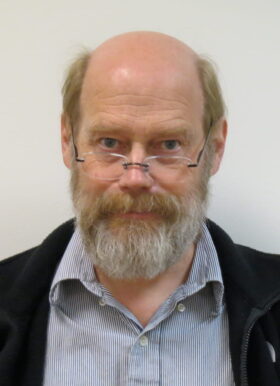
Mark Warchol, PhD
Professor
Otolaryngology—Head & Neck Surgery;
Professor
Dept. of Anatomy & Neurobiology
Research in my lab focuses on the development and regeneration of sensory receptors and afferent neurons in the inner ear.
